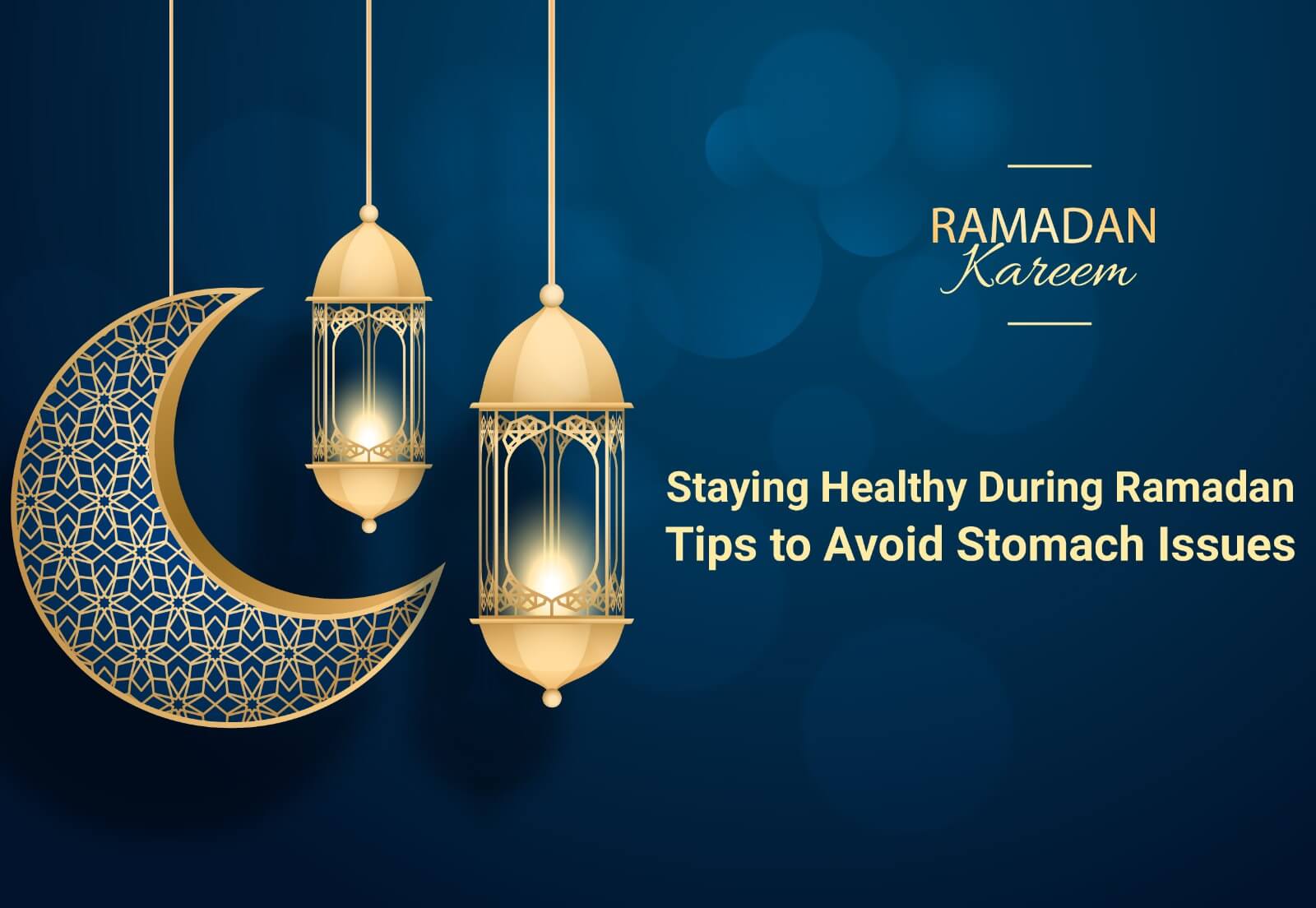While fasting has many spiritual benefits, it can also lead to stomach issues if proper precautions are not taken. Here are some tips on how to avoid stomach issues during Ramadan.
1. Eat a healthy and balanced diet:
It is essential to eat a healthy and balanced diet. This means consuming a variety of foods from all the major food groups, such as fruits, vegetables, whole grains, lean proteins, and healthy fats. Eating a balanced diet will ensure that your body is getting all the nutrients it needs to function properly during the fasting hours.
2. Avoid overeating:
Overeating during the pre-dawn meal (suhoor) or the breaking of the fast meal (iftar) can lead to stomach issues such as bloating, indigestion, and nausea. It is essential to eat in moderation and not to overindulge in high-fat and high-sugar foods. Consuming too much food in a short amount of time can also cause discomfort and digestive distress. To avoid overeating, it is recommended to break the fast with dates and water or other light snacks before moving onto the main meal. This will give your body time to adjust and prevent you from consuming large quantities of food all at once. It is also advisable to eat slowly and savor your food, as this will help you feel full faster and prevent overeating.
3. Stay hydrated:

Dehydration can lead to a range of issues, including headaches, dizziness, and stomach problems. It is essential to drink plenty of fluids during the non-fasting hours, especially water, to stay hydrated. Avoid drinking too much caffeine or sugary drinks as they can lead to dehydration.
4. Eat slowly:
Eating too quickly can lead to digestive issues. It is recommended to eat slowly and chew food thoroughly. This allows the digestive system to break down food more effectively, reducing the likelihood of stomach problems.
5. Avoid spicy and fatty foods:

Spicy and fatty foods can irritate the digestive system and cause stomach problems, particularly during the fasting hours. These types of foods can also lead to acid reflux, heartburn, and other gastrointestinal issues. It is recommended to avoid spicy and fatty foods during Ramadan, especially when breaking the fast. Opt for lighter and more easily digestible foods instead, such as soups, stews, lean meats, whole grains, fruits, and vegetables. These foods are less likely to cause discomfort and will provide your body with the nutrients it needs to sustain you throughout the day. It is also advisable to cook your food with less oil or fat, and to avoid using too many spices and seasonings. This will make your meals more easily digestible and reduce the risk of stomach problems.
6. Exercise moderately:
Exercise is important for maintaining good health, but it is essential to avoid strenuous exercise during Ramadan. Moderate exercise such as walking or light yoga can be beneficial for the body but be sure to do it during the non-fasting hours.
7. Seek medical advice:
If you have a pre-existing medical condition, it is important to seek medical advice before fasting. Your doctor can advise you on whether it is safe for you to fast and recommend any precautions you should take. Certain medical conditions, such as diabetes, heart disease, and gastrointestinal disorders, may require you to adjust your medication or diet during Ramadan to avoid complications. Your doctor can also help you create a fasting plan that is tailored to your individual needs and circumstances. It is crucial to be honest with your doctor about your medical history and any symptoms you experience during fasting, as this will enable them to provide you with the best possible care. By taking these steps and seeking medical advice when needed, you can ensure that fasting during Ramadan is a safe and beneficial experience for you.

Ramadan is a time for spiritual reflection and renewal, but it is also essential to take care of your physical health. By following these tips, you can avoid stomach issues during Ramadan and ensure that your body stays healthy and strong.


Post Comments